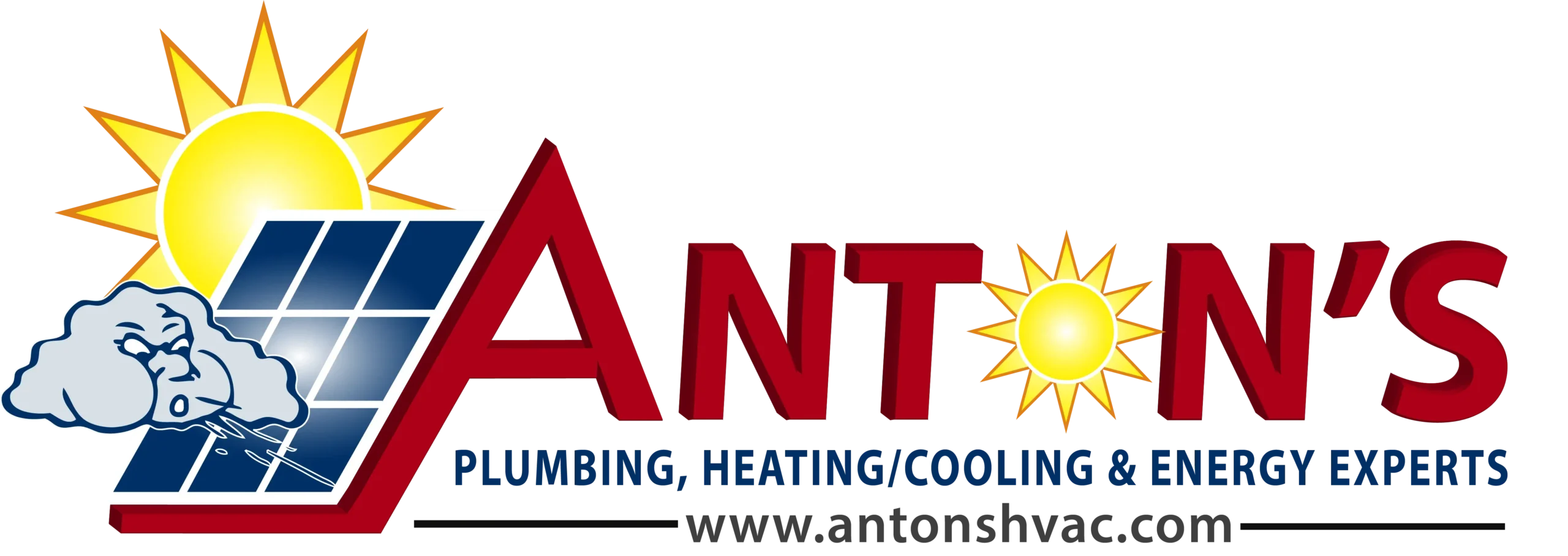Central HVAC is the most common form of heating and air conditioning found in American homes and businesses. This model uses an outdoor “central” unit to pull in hot air and cycle it through a cooling system that travels through a series of built-in ducts and vents installed in your home.
Learning about your central HVAC will help you improve its function and maximize efficiency. If you’re wondering whether a central system is the right heating and cooling solution for you, this blog will present all of the basics, including standard operation and maintenance tips.
How Central Air Conditioning Works
If you don’t already have ducts and vents in your home, central HVAC can be daunting. For most people, this isn’t the case, and their residences are already fully equipped with a standard central unit that may only need modest upgrades and repairs every couple of years.
One of the greatest benefits of some central air conditioning units is that they can also function as a heater in the winter. Central units are all connected to a thermostat indoors that controls the temperature and influences how the system operates.
There are several different types of central unit structures, but the most common is a split system. Using a network of supply and return ducts, split-system central AC units draw hot air out of your home and circulate it through a device called a condenser.
The condenser transforms the chemical gas called a refrigerant that cools your system’s evaporator coil. The evaporator coil will remove heat from the air, ensuring that it is the desired temperature when it returns to your home.
Why Regular Maintenance is So Important
Although central AC is built to last decades, preventative care and routine cleaning and maintenance can ensure it endures as long as possible and always functions at maximum efficiency.
Without routine maintenance, central AC units are prone to develop problems including overheating, leaks, and short cycling. You can protect your system and your family’s health by scheduling annual “check-ups” and seasonal tune-ups.
Because your central HVAC system also includes heating, it’s important to conduct a thorough inspection and cleaning when the outside temperature is about to change significantly.
Handy Central HVAC Maintenance Tips
Change Your Air Filter Regularly
Air filters improve indoor air quality and protect your system from insulation, dust, and dirt that could damage your system. The air filter is a screen that should be changed routinely, which can be done professionally during a tune-up.
A dirty or clogged air filter forces your air conditioner to work harder, which ultimately leads to higher bills and can lead to premature system failure.
Don’t Ignore Your Ductwork
Your ducts are integral to your central AC. Without them, air cannot reach its destination. Many people only focus on cleaning their actual system’s parts, believing the ducts to be a fixed entity that doesn’t require any care.
Your ductwork can break just like any other part of your system, and routine maintenance prevents damage and unnecessary costs. You should have a professional assess your central air conditioning ductwork at least once a year to ensure that it is properly insulated, sealed, and aligned.
Watch Out for These Sounds
A central AC should be generally silent. Any banging, hissing, whistling, or screeching is a sign that something is wrong internally and needs to be fixed. In many cases, strange noises only last for a few minutes when the system turns on or off, so most homeowners assume everything is fine.
Don’t ignore your system’s “warning calls.” These cries for help can help you catch a problem early on, which will save you money and prevent your entire system from breaking down.
Don’t Forget Your Seasonal Tune-ups
Your air conditioner is affected differently during the winter and summer, especially as your general use changes. You should always have your air filter changed before the start of a new season, and your system should be thoroughly cleaned and adjusted before you switch from air conditioning to heat.
Make Repairs ASAP
If you notice any leaks, noises, or other problems with your air conditioner, schedule a service call as soon as you can. A system can still operate for months with a problem, but the damage will only worsen the longer it is left unrepaired.
If you notice that your energy bills are drastically higher than usual or your system is no longer cooling as effectively as it used to, calling a professional is the best thing you can do for your AC and wallet.
For the best St. Louis HVAC repair and maintenance, call Anton’s Air Conditioning & Heating today at (314) 582-0745. From full-scale installations to upgrades and regular cleanings, our skilled team can do it all.
